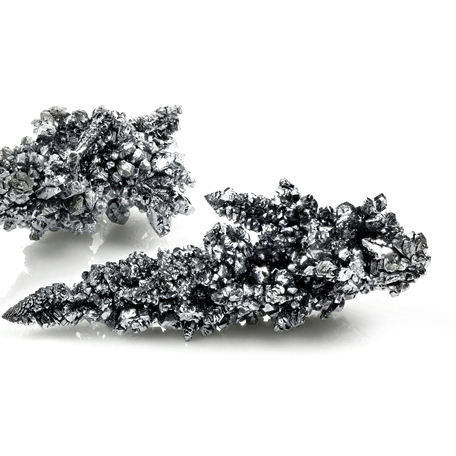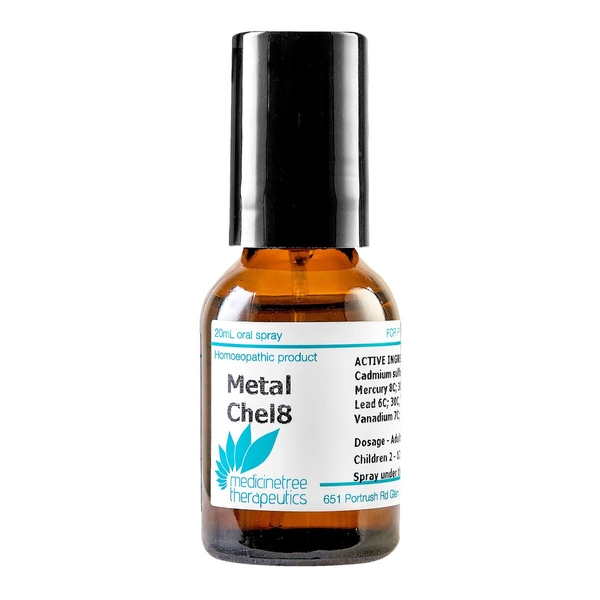
Vanadium
Scientific names: Vanadium, V, Atomic number 23
Alternative names: Chélate de Vanadium, Chelated Vanadium, Metavanadate, Métavanadate, Orthovanadate, Quelato de Vanadio, Pentoxyde de Vanadium, Sulfate de Vanadyl, Vanadate, Vanadio, Vanadio Quelado, Vanadium Ascorbate, Vanadium Chelate, Vanadium Chélaté, Vanadium Pentoxide, Vanadyl, Vanadyl Nicotinate, Vanadyl Sulfate, Vanadyl Sulphate
Actions: Antidiabetes, Bone, Cardiovascular, Dental
Background
Vanadium is a trace mineral regularly consumed in the diet. It's found in mushrooms, shellfish, black pepper, parsley, grains, and also drinking water.
Vanadium might act like insulin or help to increase the effects of insulin.
People use vanadium for preventing vanadium deficiency. It is also used for prediabetes, diabetes, athletic performance, cancer, and many other purposes, but there is no good scientific evidence to support these uses.
Vanadium might act like insulin or help to increase the effects of insulin.
People use vanadium for preventing vanadium deficiency. It is also used for prediabetes, diabetes, athletic performance, cancer, and many other purposes, but there is no good scientific evidence to support these uses.
Safety Safety definitions
When taken by mouth: Vanadium is commonly consumed in foods. It's likely safe when used in amounts less than 1.8 mg daily. Vanadium is possibly unsafe when used in higher amounts. Higher doses might cause stomach discomfort, diarrhea, nausea, problems with the nervous system, and kidney damage.
Breast-feeding: Vanadium is commonly consumed in foods. But there isn't enough reliable information to know if vanadium is safe to use as medicine while breast-feeding. Stay on the safe side and stick to food amounts.
Children: Vanadium is commonly consumed in foods. But there isn't enough reliable information to know if vanadium is safe to use as medicine in children.
Kidney problems: Vanadium might harm the kidneys. If you have kidney disease, don't use vanadium supplements.
Surgery: Vanadium might lower blood sugar and interfere with blood sugar control during and after surgery. It might also thin the blood and increase the chance of bleeding during and after surgery. Stop taking vanadium at least 2 weeks before a scheduled surgery.
Special Precautions & Warnings:
Pregnancy: Vanadium is commonly consumed in foods. But taking vanadium as medicine during pregnancy is possibly unsafe. Having higher levels of vanadium in the body while pregnant might slow the growth of the fetus and cause other serious side effects. Stay on the safe side and stick to food amounts.Breast-feeding: Vanadium is commonly consumed in foods. But there isn't enough reliable information to know if vanadium is safe to use as medicine while breast-feeding. Stay on the safe side and stick to food amounts.
Children: Vanadium is commonly consumed in foods. But there isn't enough reliable information to know if vanadium is safe to use as medicine in children.
Kidney problems: Vanadium might harm the kidneys. If you have kidney disease, don't use vanadium supplements.
Surgery: Vanadium might lower blood sugar and interfere with blood sugar control during and after surgery. It might also thin the blood and increase the chance of bleeding during and after surgery. Stop taking vanadium at least 2 weeks before a scheduled surgery.
Effectiveness
NatMed Pro rates effectiveness based on scientific evidence according to the following scale: Effective, Likely Effective, Possibly Effective, Possibly Ineffective, Likely Ineffective, Ineffective, and Insufficient Evidence to Rate.
Likely effective Effectiveness definitions
- Vanadium deficiency. Taking vanadium by mouth prevents vanadium deficiency, a condition in which the body doesn't have enough vanadium.
Dosing & administration
Vanadium is a trace mineral that is regularly consumed in the diet. It's found in mushrooms, shellfish, black pepper, parsley, grains, and also drinking water. An average diet provides 6 to 18 mcg vanadium daily.
As medicine, there isn't enough reliable information to know what an appropriate dose of vanadium might be. Keep in mind that natural products are not always necessarily safe and dosages can be important. Be sure to follow relevant directions on product labels and consult a healthcare professional before using.
As medicine, there isn't enough reliable information to know what an appropriate dose of vanadium might be. Keep in mind that natural products are not always necessarily safe and dosages can be important. Be sure to follow relevant directions on product labels and consult a healthcare professional before using.
Interactions with pharmaceuticals
Medications for diabetes (Antidiabetes drugs)
Interaction Rating=Moderate Be cautious with this combination.
Vanadium might lower blood sugar levels. Taking vanadium along with diabetes medications might cause blood sugar to drop too low. Monitor your blood sugar closely.
Medications that slow blood clotting (Anticoagulant / Antiplatelet drugs)
Interaction Rating=Moderate Be cautious with this combination.
Vanadium might slow blood clotting. Taking vanadium along with medications that also slow blood clotting might increase the risk of bruising and bleeding.
Interactions with herbs & supplements
Herbs and supplements that might lower blood sugar: Vanadium might lower blood sugar. Taking it with other supplements with similar effects might lower blood sugar too much. Examples of supplements with this effect include aloe, bitter melon, cassia cinnamon, chromium, and prickly pear cactus.
Herbs and supplements that might slow blood clotting: Vanadium might slow blood clotting and increase the risk of bleeding. Taking it with other supplements with similar effects might increase the risk of bleeding in some people. Examples of supplements with this effect include garlic, ginger, ginkgo, nattokinase, and Panax ginseng.
Herbs and supplements that might slow blood clotting: Vanadium might slow blood clotting and increase the risk of bleeding. Taking it with other supplements with similar effects might increase the risk of bleeding in some people. Examples of supplements with this effect include garlic, ginger, ginkgo, nattokinase, and Panax ginseng.
Interactions with foods
There are no known interactions with foods.
Products
View all productsPer 0.52 mL:
- Vanadium metallicum
- Aluminium oxide
- Cadmium sulfate
- Cobaltum metallicum
- Copper
- Iridium metallicum
- Mercurius solubilis (Merc sol)
- Nickel
- Palladium
- Plumbum metallicum (Lead)
- Stannum metallicum (Tin)
- Tellurium
- Uranium nitrate
Practitioner product
vital.ly has licensed monographs from TRC Healthcare.
This monograph was last reviewed on 18/07/2025 10:00:00 and last updated on 24/07/2022 09:18:11. Monographs are reviewed and/or updated multiple times per month and at least once per year.
Natural Medicines disclaims any responsibility related to medical consequences of using any medical product. Effort is made to ensure that the information contained in this monograph is accurate at the time it was published. Consumers and medical professionals who consult this monograph are cautioned that any medical or product related decision is the sole responsibility of the consumer and/or the health care professional. A legal License Agreement sets limitations on downloading, storing, or printing content from this Database. No reproduction of this monograph or any content from this Database is permitted without written permission from the publisher. It is unlawful to download, store, or distribute content from this site.



